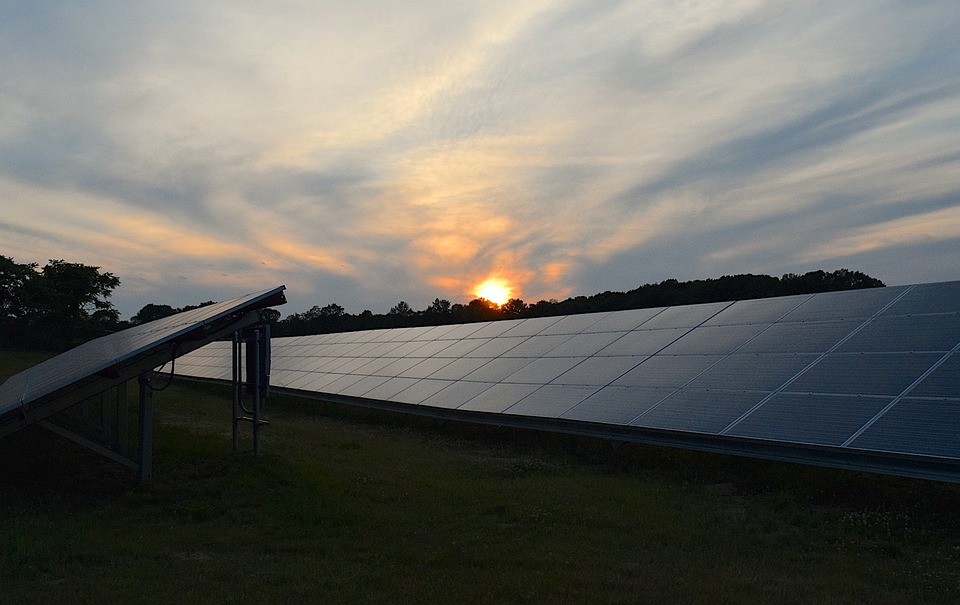What Is the California Climate Credit?
I. Introduction
California is committed to reducing greenhouse gas emissions and promoting clean energy through various initiatives, one of which is the California Climate Credit. This credit is part of the state’s cap-and-trade program aimed at incentivizing reductions in carbon emissions while providing financial relief to utility customers. This article explains what the California Climate Credit is, how it operates, and who benefits from it.
II. Understanding the California Climate Credit
– Definition of the Climate Credit: The California Climate Credit is a rebate provided to utility customers in California, aimed at offsetting energy costs. It is typically issued either annually or biannually.
– Purpose of the Credit: The credit encourages residents and businesses to reduce energy consumption, supporting California’s broader environmental goals.
– Funded Through Cap-and-Trade: The credit is funded by fees collected from large polluters under the cap-and-trade program. These fees come from companies that exceed their greenhouse gas emissions limits, redirecting funds back to consumers as a dividend.
III. How the California Climate Credit Works
– Credit Distribution: Residential and small business customers automatically receive the credit on their electricity bills without needing to apply.
– Credit Schedule: Credits are generally issued twice a year—typically in April and October for electricity customers, with an additional annual credit for natural gas customers in April.
– Amount of Credit: The amount varies based on the utility provider and other factors. For example, in 2022, residential credits ranged from approximately $29.96 to $132.85 per household[1][2].
IV. Who Qualifies for the California Climate Credit?
– Residential Customers: All residential customers receiving utility service from participating companies automatically qualify for the credit.
– Small Business Customers: Small businesses that meet specific criteria (typically using less than 20 kilowatts of power) are also eligible for the credit.
– Excluded Groups: Certain large businesses and non-residential customers outside specified categories do not qualify for this program[3][4].
V. Benefits of the California Climate Credit
– Reduced Energy Bills: The credit lowers utility costs, especially during high usage months, providing significant savings for households and small businesses.
– Encouragement for Sustainable Practices: By offsetting energy costs, the credit incentivizes consumers to adopt energy-saving measures and sustainable practices.
– Support for Statewide Environmental Goals: The Climate Credit plays a crucial role in advancing California’s climate action objectives by promoting reduced emissions and cleaner air[1][5].
VI. How to Maximize the Benefits of the California Climate Credit
– Energy Efficiency Tips: Customers are encouraged to adopt energy-efficient appliances and adjust thermostat settings to further reduce energy consumption.
– Reinvestment in Clean Energy: Savings from the credit can be reinvested into energy-saving technologies such as solar panels or smart thermostats.
– Educational Resources: Various state programs provide resources to help consumers make energy-efficient upgrades[2][4].
VII. FAQs
– How much is the California Climate Credit worth? The amount varies by utility provider; residential credits can range from $30 to over $130 annually.
– How often will I see the credit on my bill? Residential customers typically see it twice a year (April and October), while natural gas credits are issued once a year in April.
– Do I need to apply for the California Climate Credit? No application is necessary; eligible customers receive it automatically on their bills.
– Why does the amount of the credit vary? Variations depend on market prices for greenhouse gas emission allowances and utility-specific factors[3][5].
– Is the Climate Credit available to renters? Yes, renters who pay utility bills through qualifying providers are eligible.
– What happens if I don’t see the credit on my bill? Customers should contact their utility provider for clarification regarding any discrepancies.
VIII. Conclusion
The California Climate Credit serves as an effective tool supporting both residents and small businesses in transitioning toward a sustainable energy future while alleviating some financial burdens associated with energy costs. By participating in this program, Californians contribute to state-wide efforts aimed at reducing greenhouse gas emissions and fostering a cleaner environment.

Kyle Whyte is a notable scholar and professor at the University of Michigan, holding positions such as the George Willis Pack Professor in the School for Environment and Sustainability and Professor of Philosophy. Specializing in environmental justice, his work critically examines climate policy and Indigenous peoples’ ethics, emphasizing the nexus between cooperative scientific endeavors and Indigenous justice. As an enrolled Citizen Potawatomi Nation member, he brings a vital perspective to his roles as a U.S. Science Envoy and member of the White House Environmental Justice Advisory Council. His influential research is supported by various prestigious organizations including the National Science Foundation, and disseminated through publications in high-impact journals. Kyle actively contributes to global Indigenous research methodologies and education, with affiliations to numerous institutes and societies dedicated to traditional knowledge and sustainability. Recognized for his academic and community engagement, Kyle has earned multiple awards and served in various visiting professorships. His efforts extend to leadership positions on boards and committees focused on environmental justice nationwide.
